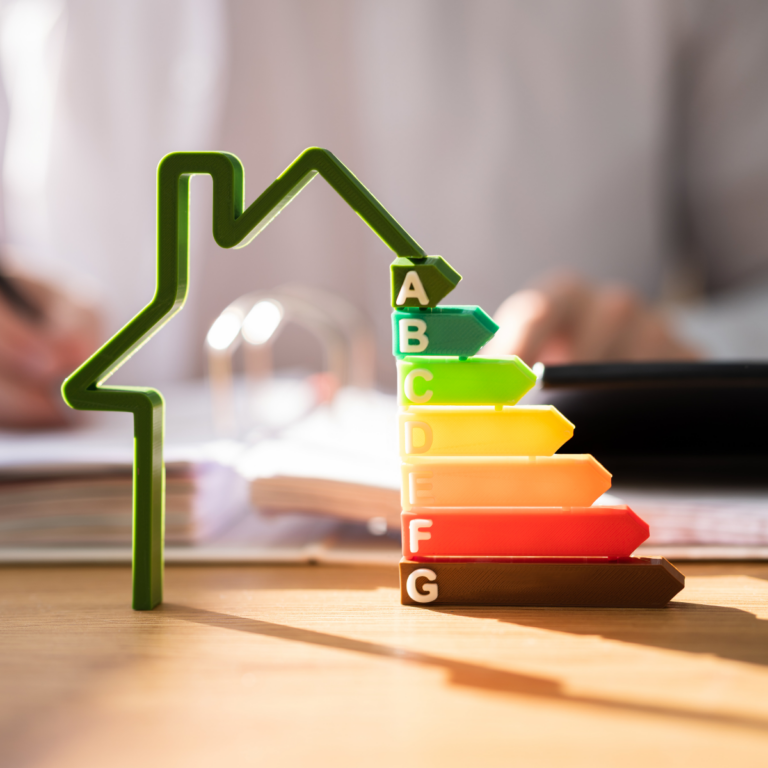New energy efficiency regulations for companies
In order to achieve climate protection targets and against the backdrop of the war against Ukraine, new regulations require companies to significantly intensify their efforts to save energy.
Ordinance on Energy Saving (EnSimiMaV)
Since October 2022, the Energy Saving Ordinance (EnSimiMaV) has required all companies that are subject to an energy audit obligation and consume more than 10 gigawatt hours (GWh) of energy per year to implement all economically feasible energy efficiency measures.
Energy Efficiency Act (EnEfG)
As far as is now known, the planned Energy Efficiency Act (EnEfG), described by the German government as “ambitious”, provides for binding targets to increase energy efficiency for the first time. It also contains regulations on leveraging energy efficiency potential and the use of operational waste heat. The EnEfG has not yet been passed, but is expected in the coming months.
Savings targets
The EnEfG is expected to stipulate staggered savings of 45% (final energy consumption) and 57% (primary energy consumption) by 2045 compared to 2008.
Energy and environmental audits
The previously applicable energy and environmental audit obligations are to be revised: In future, companies with an average total annual energy consumption of more than 10 GWh must set up an energy management system (EnMS) or an environmental management system (EMS). An energy audit is mandatory from a consumption of 2.5 GWh if the company does not operate an EMS or EnMS.
Focus on waste heat
One focus of the planned law is on increasing energy efficiency in data centers.
The planned law aims to systematically tackle the issue of waste heat not only there, but in all companies: Companies with an annual energy consumption of 2.5 GWh or more are obliged to avoid waste heat generated during operation and to reduce the amount of waste heat generated to what is technically unavoidable. Any waste heat that is still generated must then be reused through heat recovery.
No such obligation exists to date: energy-intensive process heat is often simply released into the atmosphere. Funding programs for heat recovery have had only moderate success.
Companies that operate an energy or environmental management system are exempt from this regulation. However, from a consumption of 10 GWh, the requirements for dealing with waste heat apply without exception.
Conclusion
Investments in measures to sustainably increase energy efficiency are becoming mandatory. In the long term, this will reduce CO2 emissions and energy costs.


